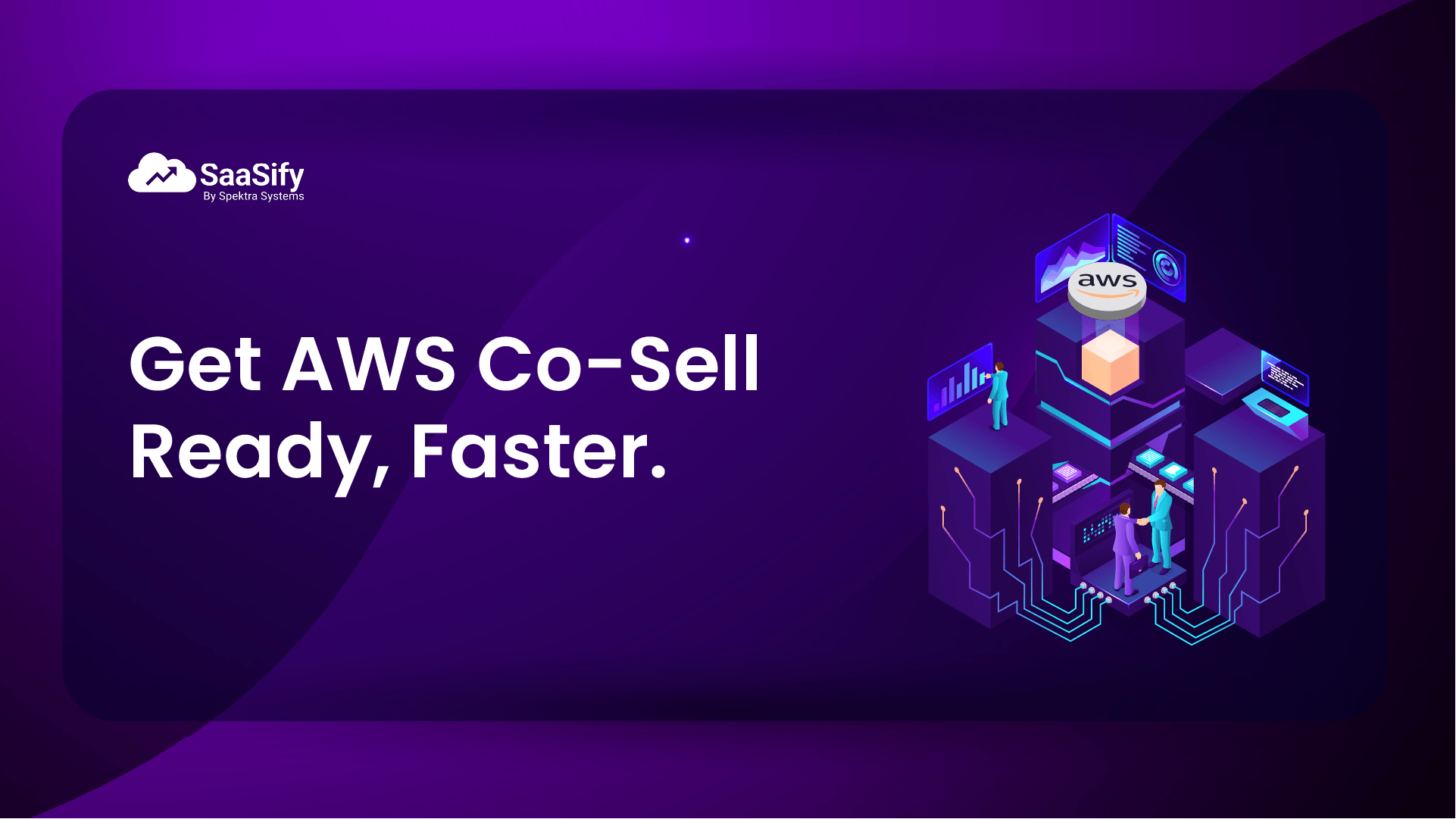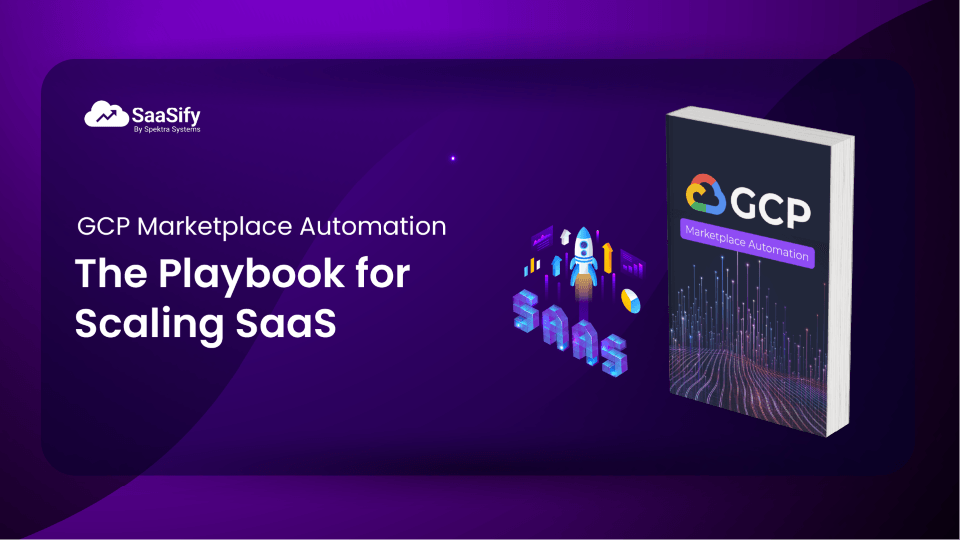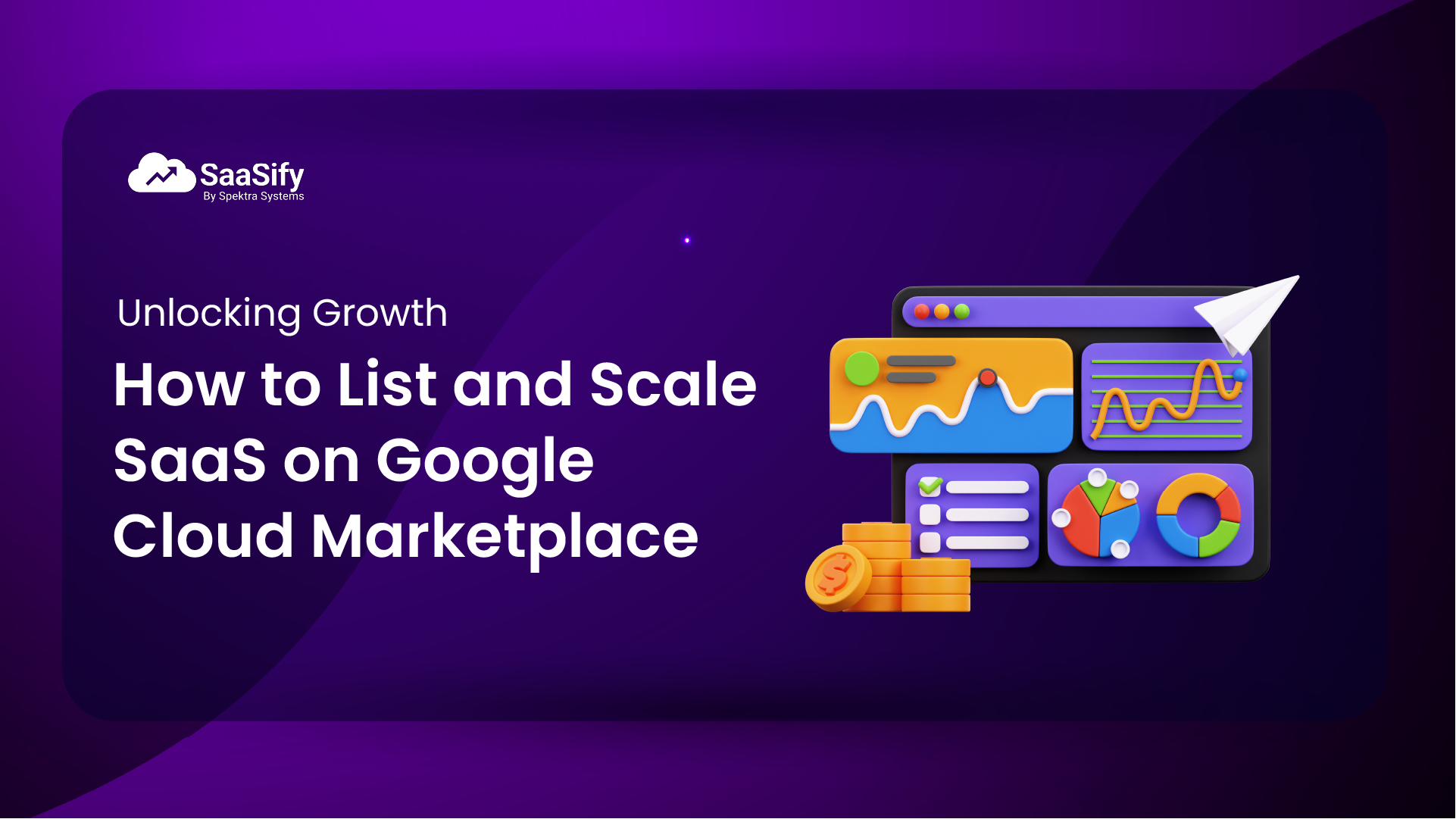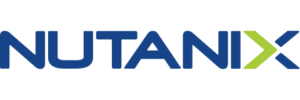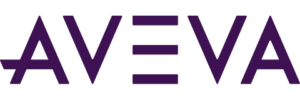The fastest way to get AWS co-sell ready is by automating co-sell operations, aligning early with AWS Marketplace requirements, and proactively engaging Partner Sales Managers (PSMs) with customer-ready opportunities.
TL;DR: The Fastest Path to AWS Co-Sell Readiness
Co-selling with AWS isn’t just another partnership milestone, it’s a growth accelerator. It opens doors to enterprise buyers, builds hyperscaler trust, and gives AWS sellers a quota-driven reason to champion your product.
The challenge? Most ISVs spend 3-6 months stumbling through fragmented processes, manual AWS ACE submissions, and delayed Marketplace listings.
The result: missed incentives, slow traction, and lukewarm PSM engagement.
The opportunity? With automation and proactive readiness, that journey compresses to a few weeks. This unlocks the fastest way to get co-sell ready with:
- Marketplace first: Launch a transactable listing and private offers early (preferably with zero engineering and from your CRM).
- Proof of trust: Clear the FTR and arm AWS sellers with co-sell assets.
- Pipeline visibility: Automate ACE sync from CRM to ensure bi-directional sync.
- PSM relationships: Shift from ad hoc check-ins to embedded collaboration.
- Incentives unlocked: Systematically capture MDF and OSA to motivate AWS sellers from your CRM.
Fastest path: Launch a transactable Marketplace listing with Private Offers, pass FTR, automate ACE sync from CRM, and engage PSMs with customer-ready opportunities.
This guide breaks down:
- What AWS co-sell readiness really means.
- The step-by-step co-sell maturity journey from entry ticket → fast lane → strategic partner.
- Deep dive into SaaSify’s Co-sell Accelerator Framework
- How to earn trust, not just eligibility, with AWS Partner Sales Managers.
What does it mean to be AWS co-sell ready?
Being AWS co-sell ready means your SaaS solution is eligible for joint selling with AWS’s global sales teams through the AWS co-selling programs. This unlocks:
- Introductions to enterprise customers via AWS account teams
- Access to AWS Partner Development Managers (PDMs) and PSMs who champion your product
- Incentives and funding (like Market Development Funds and Opportunity Sharing Agreements)
- Trust and credibility with enterprise buyers who lean on AWS-approved vendors
In short: With AWS co-sell programs, AWS doesn’t just allow you to sell on their cloud, they sell with you. At its core, co-selling leverages AWS’s customer relationships while providing partners with technical expertise and credibility that significantly amplifies their sales potential.
Through ACE, partners register qualified opportunities, collaborate with AWS account teams, and access resources designed to drive successful customer outcomes.
How to become ready for AWS co-selling?
For SaaS leaders, co-sell readiness is not just about clearing program checklists, it’s about sending the right signals to AWS and enterprise buyers at each stage of maturity. Every milestone represents more than an operational requirement:
- Join the APN to signal intent and seriousness. (Your entry ticket)
- List private offers on Marketplace to highlight trust and maturity. (Your storefront)
- Complete the FTR to build credibility and enterprise readiness. (Your credibility check)
- Enrol in ACE to signal visibility and willingness to co-sell. (Your visibility layer)
- Join ISV Accelerate for alignment with AWS’s own revenue engine. (Your fast lane)
- Equip sellers with assets to showcase that you are easy to champion and ready to scale. (Your proof points)
Together, these steps move you from “eligible partner” to “strategic partner” in the eyes of AWS sellers. But alongside the strategic narrative, there are concrete technical requirements that your teams must meet.
| Step | Technical Requirements |
|---|---|
| APN Membership |
|
| Marketplace Listing |
|
| FTR (Foundational Technical Review) |
|
| ACE Enrollment |
|
| ISV Accelerate Program |
|
| Co-Sell Assets |
|
How long does it take to get AWS co-sell ready?
For most companies, the timeline looks like this:
- 3-6 months on average without automation or prior experience.
- 4-6 weeks with structured workflows, early preparation, and automation tools like SaaSify.
Why the big difference? Because manual processes eat up time:
- Registering opportunities in AWS Partner Central manually takes hours and creates delays.
- GTM asset creation is often reactive (only after AWS asks for them).
- RevOps, Sales, and Partnerships teams often operate in silos.
An accelerated timeline depends on flipping this, being proactive, automating handoffs, and centralizing co-sell operations.
How long it takes to be co-sell ready: Without vs With SaaSify
| Stage | Without SaaSify | With SaaSify |
|---|---|---|
| Program Enrollment | Weeks of back-and-forth | CRM-integrated reminders and tracking |
| Marketplace Listing | 2–3 months to finalize | SaaSify playbooks streamline to 1–2 weeks |
| Technical Validation | Disjointed manual coordination | SaaSify centralizes assets for fast approval |
| ACE Submissions | Hours per opportunity | Auto-sync from CRM in real time |
| PSM Engagement | Delayed due to inconsistent reporting | SaaSify dashboards generate structured reports |
SaaSify Co-Sell Accelerator Framework: Leverage AWS Co-Sell
Program within a Few Weeks
AWS co-sell readiness is not just about checking boxes; it’s about compressing the timeline and removing friction from every stage. Manual processes spread across Sales, RevOps, and MarketOps can drag readiness out to 3-6 months. SaaSify automates these motions, shortening the journey to a few weeks and making you the partner AWS sellers want to prioritize.
Top 4 results ISVs see with SaaSify to co-sell faster:
- 80% fewer marketplace errors, ensuring AWS sellers see a reliable partner.
- 900+ hours saved annually through automation, freeing Sales and RevOps to focus on pipeline, not process.
- Up to 50% cost savings, as manual handoffs and redundant workflows disappear.
- Zero revenue sharing, so every new AWS-driven dollar lands directly on your bottom line.
The SaaSify Co-Sell Accelerator Framework rests on five accelerators that map directly to the biggest bottlenecks in co-sell readiness.
Accelerator 1: Marketplace Readiness Without Engineering Bottlenecks
A transactable Marketplace listing is table stakes for AWS co-sell. Manual listing creation drags timelines with billing API integrations, offer packaging, and engineering dependencies.
How to accelerate with SaaSify:
- Enable transactable listings with zero engineering involvement.
- Create and manage private offers directly from CRM.
- Standardize listing workflows so MarketOps, not engineering, owns readiness.
Why it matters: A Marketplace listing is your “ticket to the dance.” The faster you can get there, the sooner AWS sellers see you as eligible for co-sell.
Accelerator 2: ACE Automation Inside CRM
Manual ACE submissions create friction, missed opportunities, and double data entry across Salesforce/HubSpot. Delays here stall AWS visibility into your pipeline.
How to accelerate with SaaSify:
- Automate ACE submissions (inbound and outbound) directly from CRM.
- Enable real-time opportunity sync so AWS sees deals instantly.
- Remove manual data entry and reduce errors.
Why it matters: Without ACE entries, AWS sellers cannot engage. Automation ensures your pipeline is always visible and ready for co-sell collaboration.
Accelerator 3: Incentives and Funding Management
Unlocking AWS incentives like MDF (Marketing Development Funds) and OSA (Opportunity Sharing Agreements) is critical, but most ISVs miss out because processes are opaque, manual, and time-intensive.
How to accelerate with SaaSify:
- Automate tracking of MDF, OSA, and funding eligibility from within CRM.
- Ensure every eligible deal is flagged and no incentives are left unused.
- Give RevOps and Finance clear visibility into AWS co-sell benefits.
Why it matters: Incentives are not just “nice to have”, they motivate AWS sellers to push your product. Automating incentive management means you maximize every dollar AWS makes available.
Accelerator 4: Cross-Team Alignment Through a Single Source of Truth
Sales, Partnerships, RevOps, and MarketOps often misalign on ownership, creating delays and inconsistent reporting.
How to accelerate with SaaSify:
- Use CRM as the single source of truth for co-sell readiness.
- Enable easy collaboration and shared dashboards across functions.
- Assign clear accountability with automated workflows.
Why it matters: AWS can sense misalignment. When updates are inconsistent or responsibilities unclear, you’re seen as immature. Automation enforces discipline and predictability across teams.
Accelerator 5: Streamlined Partner Communication and PSM Engagement
PSMs prioritize ISVs who communicate cleanly and make collaboration easy. Manual updates and inconsistent reports create friction and slow down joint execution.
How to accelerate with SaaSify:
- Send automated notifications from CRM on joint opportunity status.
- Generate PSM-ready reports directly from CRM data.
- Provide AWS with real-time visibility into pipeline and consumption impact.
Why it matters: PSMs prioritize ISVs who make their lives easier. Automation ensures you’re seen as a low-friction, high-value partner that AWS sellers can trust.
How do you build strong relationships with AWS Partner Sales Managers (PSMs)?
Even if you’re co-sell ready on paper, your success depends on human relationships. In fact, becoming co-sell ready gets you noticed; earning PSM trust gets you prioritized. PSMs are AWS’s quota-carrying salespeople, if you can help them hit quota, they’ll help you. Unlike Account Managers who manage customer relationships, PSMs concentrate on:
- Partner-generated marketplace revenue growth
- Co-sell opportunity quality and conversion optimization
- Partner program participation and advancement
- Customer satisfaction with partner solutions
Levels of Engagement with PSMs
1. Ad Hoc Engagement
- Sporadic updates, usually only when opportunities are submitted.
- Common with new or unstructured partners.
- Risk: You become “just another ISV” in the queue.
2. Recurring Engagement
- Regular check-ins (monthly/quarterly) to review pipeline.
- Shared dashboards and consistent updates on progress.
- Builds familiarity and trust but requires discipline.
3. Embedded Engagement
- PSM becomes a strategic partner in your go-to-market.
- Joint account planning, shared customer wins, co-hosted events.
- High trust, high prioritization: PSMs proactively bring you into deals.
The goal is to move from ad hoc → recurring → embedded, where the PSM sees you as a reliable, strategic growth driver.
Best Practices for PSM Engagement
1. Bring Net-New Opportunities
PSMs prioritize ISVs who help AWS grow. Consistently surface opportunities that drive AWS consumption and open new enterprise doors.
2. Speak in AWS Metrics
Position your value in terms PSMs and AWS care about:
- How much EC2, S3, RDS, or Lambda usage your solution drives.
- What ARR impact AWS can claim when your product is adopted.
- How your solution helps AWS sellers retire quota.
3. Make Collaboration Frictionless
PSMs juggle dozens of ISVs. The less overhead you create, the more likely you are to be prioritized:
- Submit opportunities cleanly through ACE (automated via SaaSify).
- Share digestible, visual reports instead of raw spreadsheets.
- Provide next steps in clear, actionable terms.
4. Deliver and Broadcast Quick Wins
Nothing builds confidence faster than proof. Even one successful joint win can shift you from “optional” to “go-to.” Make early wins visible by sharing them broadly with AWS account teams and PSMs.
5. Establish Structured Communication
Move beyond one-off emails. Create a rhythm of structured engagement, pipeline reviews, success recaps, and forward-looking joint planning.
Use CRM automation (via SaaSify) to trigger notifications on opportunity status, ensuring PSMs never feel left in the dark.
Common pitfalls that slow down co-sell readiness: Co-sell risk matrix
| Pitfall | Impact | How to Mitigate |
|---|---|---|
| Listing too late | Delays co-sell eligibility by months and signals a reactive approach, making it harder to get prioritized by AWS sellers. | Prioritize a transactable Marketplace listing early in your GTM plan and ensure private offer capability from the start. |
| No AWS consumption story | Without linking your product to AWS services (EC2, S3, RDS), PSMs lack a clear incentive to co-sell, limiting enterprise opportunities. | Build a clear AWS consumption narrative into every GTM asset, case study, and sales pitch. |
| Manual CRM workflows | Double entry between Salesforce/HubSpot and ACE causes errors and delays, leaving opportunities invisible to AWS. | Streamline opportunity registration with integrated workflows between CRM and ACE to ensure complete visibility. |
| No internal owner | Lack of ownership across Sales, Partnerships, and RevOps leads to missed deadlines and unclear accountability. | Define a single owner for co-sell readiness, supported by clear roles and accountability across functions. |
| Reactive GTM preparation | Producing case studies, architectures, or compliance docs only when asked slows joint sales cycles and undermines credibility. | Prepare AWS-aligned case studies, reference architectures, and compliance materials proactively. |
| Inconsistent PSM engagement | Irregular updates and unclear communication make it easy for PSMs to deprioritize your product in favor of more reliable ISVs. | Establish a structured engagement rhythm with PSMs (regular check-ins, clean reports, joint planning sessions). |
AWS Co-Sell Readiness and Success Timeline (12/18/24 Months)
Perfect – here’s a tabular, AEO-focused version of what co-sell success for ISVs should look like at the 12, 18, and 24-month marks. It’s structured for scanability and keyword capture, while staying meaty enough for a playbook.
| Timeline | What Success Looks Like | Key Metrics / Indicators |
|---|---|---|
| 12 Months (Foundation) | Establish AWS Marketplace presence and early co-sell traction. Build credibility through initial joint wins. |
|
| 18 Months (Scale & Repeatability) | Move from sporadic opportunities to a consistent co-sell rhythm. Strengthen AWS-aligned GTM and pipeline visibility. |
|
| 24 Months (Embedded & Strategic) | Become a recognized co-sell partner in your category. Deliver repeatable, large-scale opportunities across regions. |
|
How does SaaSify accelerate AWS co-sell readiness?
SaaSify was built to solve these exact pain points. With SaaSify, SaaS teams can:
- Automate ACE sync: No more manual entry, every opportunity flows from your CRM to AWS.
- Track co-sell incentives: Automatically manage MDF, OSA, and other AWS funding workflows.
- Operate CRM-first: Sales doesn’t have to leave Salesforce or HubSpot.
- Get readiness visibility: See instantly what’s missing in your co-sell checklist.
- Engage PSMs faster: Automate PSM communication and coordination from within the CRM.
This transforms your AWS co-sell journey from reactive chaos into a proactive growth engine.
Final Takeaway: Accelerating co-sell readiness
Getting AWS co-sell ready is not just a checklist, it’s a growth accelerator. The fastest way combines:
- Marketplace readiness (transactable listing + private offers).
- Automation (CRM-to-ACE sync, incentive management).
- Technical validation (AWS Well-Architected, security, billing integration).
- Relationships (engaging PSMs with real customer opportunities).
Do it manually, and it’ll take months. Do it with SaaSify, and you’ll be ready in weeks, while also earning the trust of AWS PSMs who can unlock multi-million-dollar deals.
FAQs on AWS Co-Sell Readiness
1. How long does AWS co-sell readiness take?
Manual processes take 3–6 months. SaaSify reduces this to a few weeks through automation and pre-built workflows.
2. How do I register co-sell opportunities in AWS ACE?
Without automation, opportunities must be logged manually in ACE, which is slow and error-prone. SaaSify syncs Salesforce and HubSpot opportunities directly into ACE with no re-entry.
3. Do startups qualify for AWS co-sell?
Yes, provided they have a transactable Marketplace listing and a clear AWS consumption story. SaaSify helps early-stage ISVs package technical validation and readiness assets quickly.
4. How do AWS incentives (MDF, OSA) work in co-sell?
Incentives such as Market Development Funds and Opportunity Sharing Agreements are tied to deals logged in ACE. SaaSify automates incentive tracking and eligibility, ensuring no funding is left unused.
5. How do I engage AWS PSMs effectively?
Lead with customer opportunities, highlight AWS consumption impact, and provide clear reports. SaaSify auto-generates PSM-ready dashboards and summaries.
6. Do I need private offers for AWS co-sell?
Yes, private offers are critical for enterprise deals. SaaSify makes private offers a standard step in Marketplace workflows.
7. What makes SaaSify different from manual processes or other platforms?
SaaSify eliminates friction by automating ACE sync, centralizing GTM assets, tracking AWS incentives, and giving visibility into co-sell readiness directly inside Salesforce or HubSpot.
8. Do I need a specific AWS architecture pattern to qualify?
Yes, your product must follow AWS Well-Architected principles. Common patterns include:
- SaaS with multi-tenant architecture on EKS or ECS.
- Secure VPC peering with customer environments.
- Usage of AWS-native services (Lambda, DynamoDB, S3, etc.).
9. Do I need to support multi-region deployment?
While not mandatory, AWS strongly prefers SaaS vendors who can deploy across regions (US, EU, APAC) to serve global customers and increase AWS cloud consumption.
10. How do I measure co-sell success with AWS?
Track KPIs such as launched opportunities, closed-won deals, influenced revenue, ACE registrations, and co-sell-enabled Marketplace sales.




